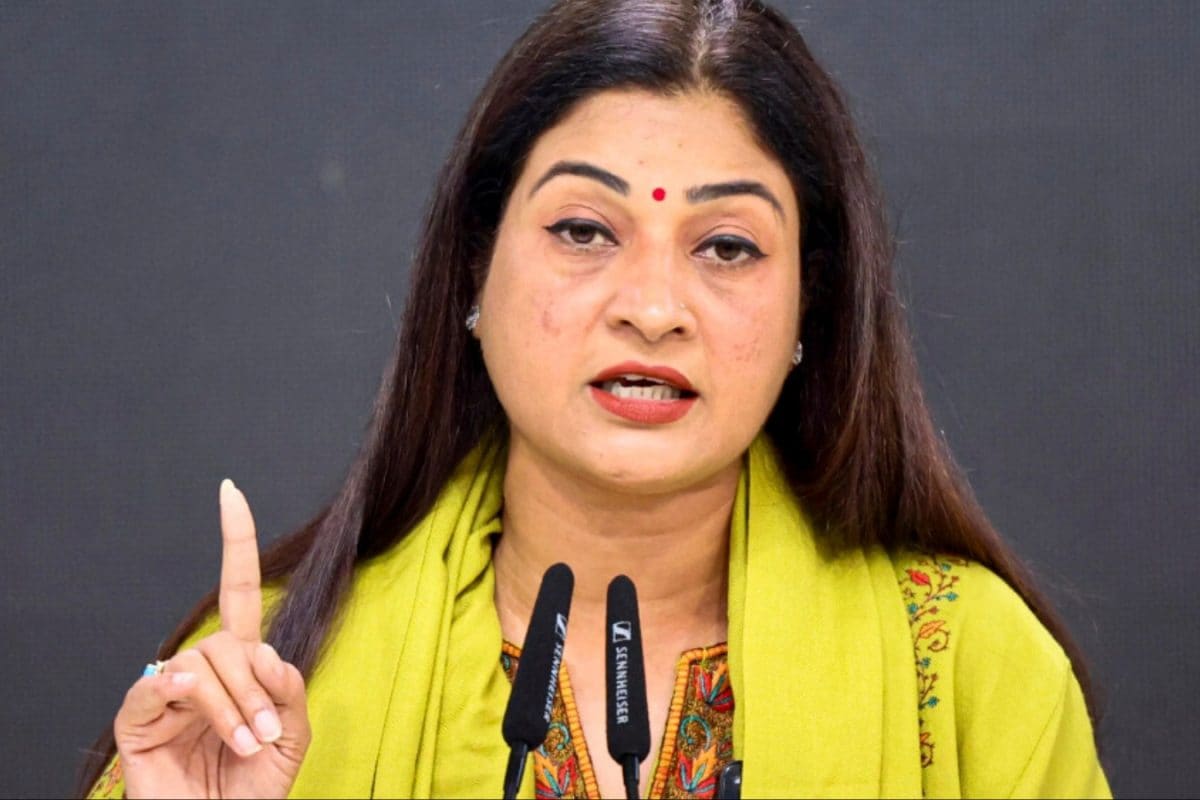

The political arena witnessed a curious turn of events recently when Congress leader Alka Lamba called for a special parliamentary session to discuss 'Operation Blue Star.' This demand, however, quickly went viral for reasons other than intended, drawing attention to the complexities and sensitivities surrounding the historical event.
Operation Blue Star was a military operation carried out by the Indian Armed Forces in June 1984. It was ordered by then Prime Minister Indira Gandhi to remove Jarnail Singh Bhindranwale and his armed followers from the Golden Temple (Harmandir Sahib) in Amritsar, the holiest shrine of Sikhism. Bhindranwale and his group had occupied the temple complex, leading to escalating tensions and a breakdown in law and order in Punjab. The operation aimed to quell the Sikh separatist movement and restore government control.
The events of Operation Blue Star remain a contentious and painful chapter in Indian history. The military action resulted in significant loss of life, including civilians, militants, and security personnel. The Golden Temple complex itself suffered damage during the operation, particularly the Akal Takht, one of the most sacred sites for Sikhs. The aftermath of the operation saw increased tensions between the Sikh community and the Indian government, contributing to a period of unrest and violence in Punjab.
Alka Lamba's call for a parliamentary session on Operation Blue Star has stirred varied reactions. Some view it as a legitimate attempt to address historical grievances and promote reconciliation. Proponents of this view argue that a parliamentary discussion could shed light on the circumstances surrounding the operation, examine the government's response, and explore ways to heal the wounds of the past. It could also provide a platform for Sikh representatives and other stakeholders to voice their concerns and perspectives.
However, others have criticized Lamba's demand, questioning its timing and motives. Critics argue that raking up the issue after so long could re-ignite tensions and deepen divisions within society. Some political analysts suggest that the call for a session may be a way for the Congress party to gain political mileage by appealing to Sikh voters, particularly in states where the party has a significant presence.
Irrespective of the intentions, Lamba's demand has inadvertently highlighted the need for a more nuanced and informed understanding of Operation Blue Star. The event's legacy continues to affect the Sikh community worldwide, with many viewing it as a period of intense persecution and injustice. Calls for justice and accountability have persisted over the years, with various groups seeking a formal apology from the government and an independent inquiry into the events surrounding the operation.
The demand for a parliamentary session also underscores the importance of addressing historical grievances in a democratic society. While revisiting painful events can be challenging, it can also be a crucial step towards reconciliation and healing. By providing a platform for open dialogue and critical examination, a parliamentary discussion on Operation Blue Star could contribute to a more comprehensive understanding of the past and pave the way for a more inclusive and just future. However, such a discussion would require careful planning and sensitivity to ensure that it does not further inflame tensions or undermine social harmony.